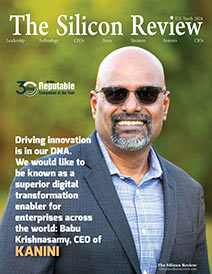>>
Industry>>
Healthcare>>
New study reveals that transpl...New study reveals that transplanted brain-cells can survive without anti-rejection medicine.
The Silicon Review
18 September, 2019
In a recent study conducted by the John Hopkins school of Medicine, it has been discovered that brain-cells that have been transplanted into mice can survive without having the inhibition of using anti-rejection medicines for a lifetime. This study will help especially those who have genetic defects and cannot produce myelin in their brains which might cause deformities like loss of speech, degeneration of usage of limbs, etc. It proved to be a major scientific breakthrough which can cause many to live their lives without the hindrance of anti-suppressants long after the transplant. Diseases like Pelizaeus-Merzbacher caused by the lack of myelin to protect brain-cells affect almost 1 in 1,00,000 people in the USA.
"Because these conditions are initiated by a mutation causing dysfunction in one type of cell, they present a good target for cell therapies, which involve transplanting healthy cells or cells engineered to not have a condition to take over for the diseased, damaged or missing cells," says PiotrWalczak, M.D., Ph.D., associate professor of radiology and radiological science at the Johns Hopkins University School of Medicine.
While Walczack has maintained that these results are experimental, it cannot be denied that it can be applied to many who are afflicted with genetic mutations. The mammalian body is programmed to reject any foreign invaders, so it usually ends up rejecting even the healthy antibodies that have been transplanted into it.









